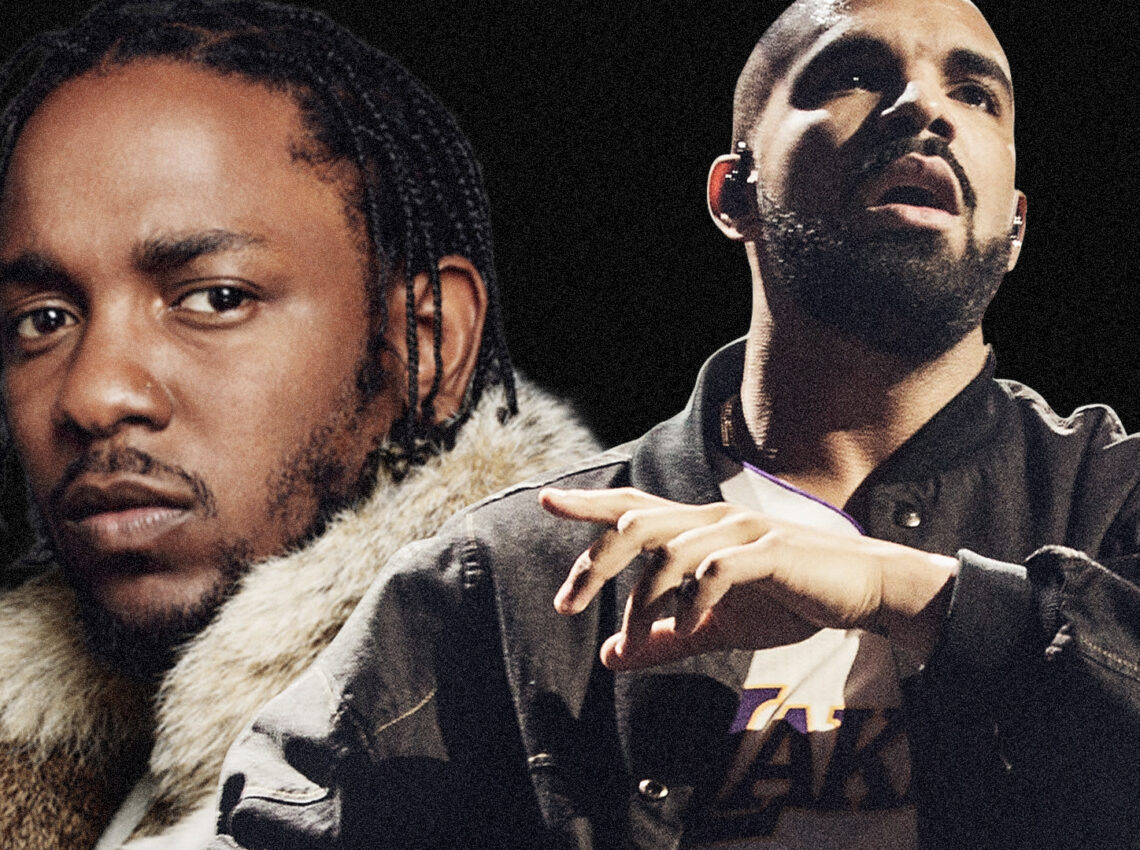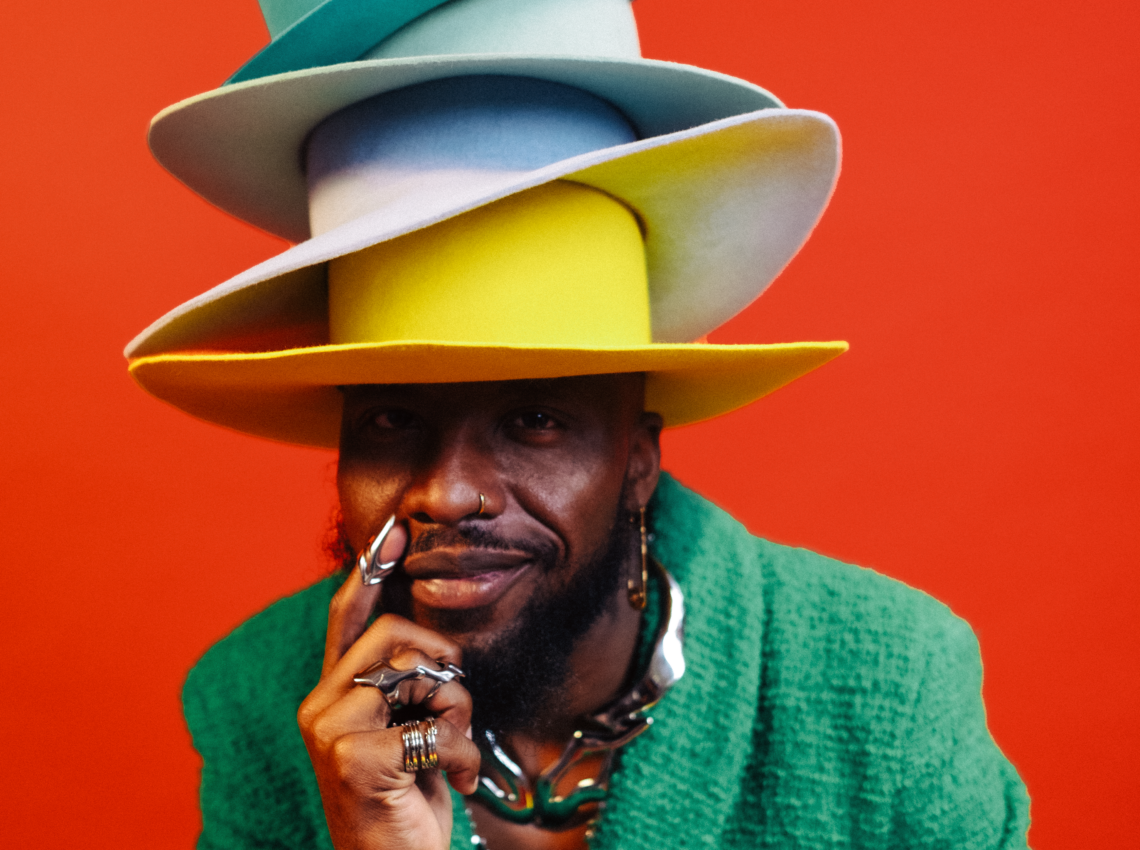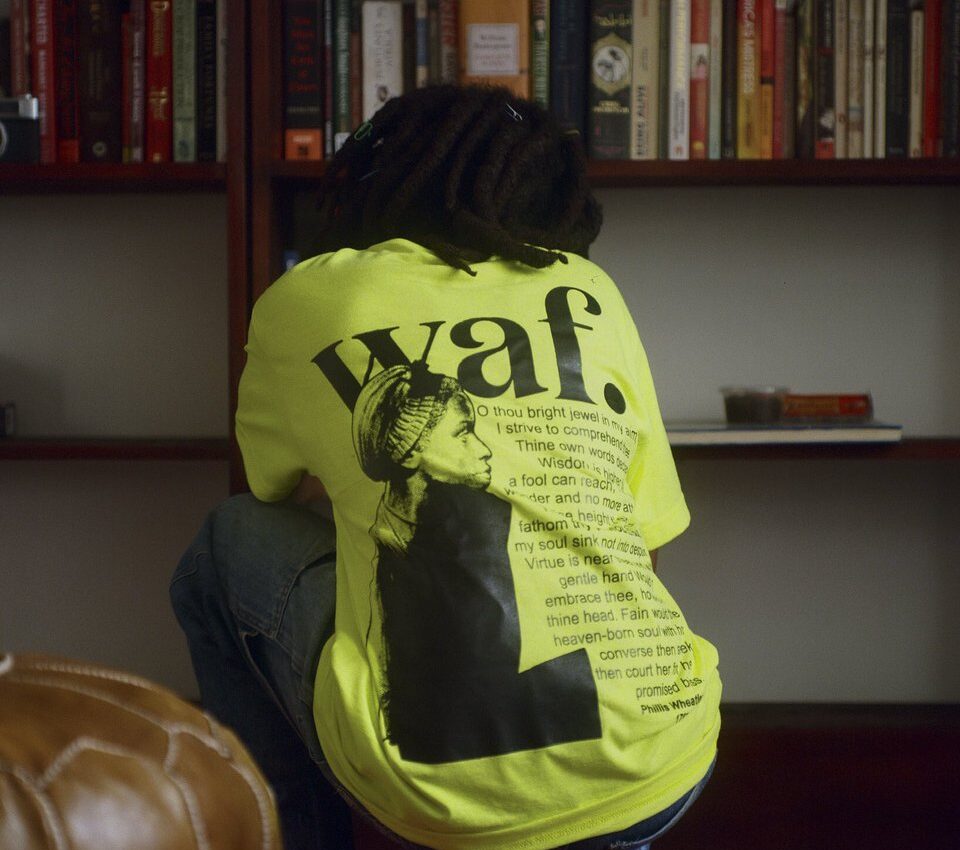Ghostwriting: Rap’s Oldest Friend

The penmanship that has shaped some of the finest hits in rap history has always been a point of contentious discussion, with many priding themselves on their ability to tell and detail stories while others rely on a collective approach to achieving similar outcomes. The transparency about these means has provoked further deliberations as to the trust in authenticity assigned to these given artists, but maybe the argument should be centered around liberating artists to pursue collaborative experiences instead of shunning those who make use of them.
From the dawn of rap’s very inception ghostwriting has been a foundational staple within its workings, with Hip-Hop’s very first hit “Rappers Delight” featuring ghostwritten assistance for the verse performed by Hank. Throughout the golden era of rap, it saw many of its stars make use of support to pen some of their best work, ODB was seen to lean on RZA and GZA for help, The DOC was Dr. Dre’s almost residential in-house ghostwriter, and MF Grim supported the super producer with bars also. Chuck D from Public Enemy said it best when he weighed in on this topic in 1988 “Not everyone is equipped to be a lyricist and not everyone is equipped to be a vocalist”. This is still an assumed trope as of the current day but public perception and narrative have bound the act to secrecy, with a now famous expose by the famous ghostwriter Mad Skillz highlighting just how rampant this was in the 90s and early 2000s.

The primary issue with ghostwriting is its very definition – according to Oxford Languages, it is “to write (material) for someone else who is the named author”, emphasizing the lack of accreditation as a sticking point for ghostwriting. Moments in pop culture such as Quentin Miller being “exposed” as a ghostwriter for Drake would not have surfaced under these beliefs, given that he was officially listed on his work as a writer and was given special thanks (although with initials) for his work on “If You’re Reading This Its Too Late”.
This leads to the secondary issue with ghostwriting, this being the percentage of a given piece of work created if you’re listed as a writer. Artists would be hard-pressed not to include themselves on their own tracks’ writers list, but in instances like when Kanye stated that he only changed 2 lines on the Pardi-penned hit “Violent Crimes”, questions begin to surface as to how credible a collaborators list is if the threshold for participation is this low.
The vitriol and outrage associated with ghostwriting do not seem to be linear, with many cases in vocal music genres existing where artists welcome collaborators, and any shock attributed with grounds of literary deception is tempered also in these instances. Tyrese spoke to this in a Breakfast Club interview where he pointed out that he did not write his hit song “Sweet Lady” and that rappers were more comfortable using ghostwriters around RnB singers.

Hip-Hop, however, is thought of as a more deeply personal genre and cultural leaders in the shape of Kendrick Lamar and Andre 3000 have weighed in through tracks “Solo” and “King Kunta” respectively on their bemusement associated with ghostwriting. But this may shine the light on a greater subconscious bias provided to artists in vocal music genres, whose pure gift of singing is enough to circumvent critique, whereas rappers’ skill of sheer rapping, tone, and lyrical delivery are not looked at similarly. The legacy and history of hip-hop are found in its messaging though, with originality in storytelling being the primary bonding agent between a fanbase and a given artist; a lack of clear identity in artistry could pose issues going forward about trust within an art form deemed pure at its core.
As rap continues to grow and the figureheads of this genre become the world’s biggest pop stars, the grapple between authenticity and output in record sales strengthens. Widespread and relatable messaging isn’t achievable or even the goal for all artists, but for those that it is, pressure is created, in terms of innovative and consistent output, which is not always achievable by oneself. Lupe Fiasco spoke out against Atlantic Records for this very same issue and chose a more genuine path as a result of this. The lines attempted to be walked by artists shroud immense doubt over their intentions, but their ability to navigate this with a degree of honesty will hopefully help to shape the continued and glowing legacy of Hip-Hop.
Discover more from GUAP’s music section here.




![ZINO VINCI’S ‘FILTHY & DISGUSTING’EP BRINGS YOU TO THE CORE OF THE ARTIST [@ZinoVinci]](https://guap.co/wp-content/uploads/2023/10/Zino-4.jpg)




